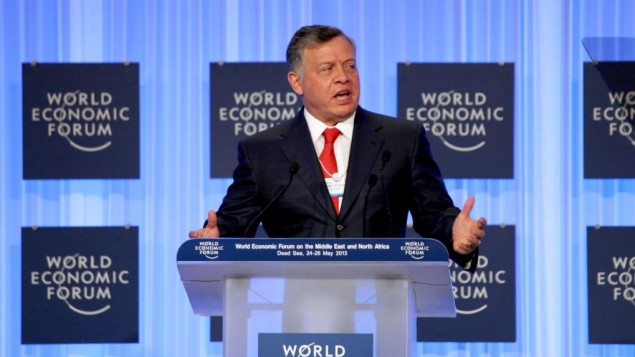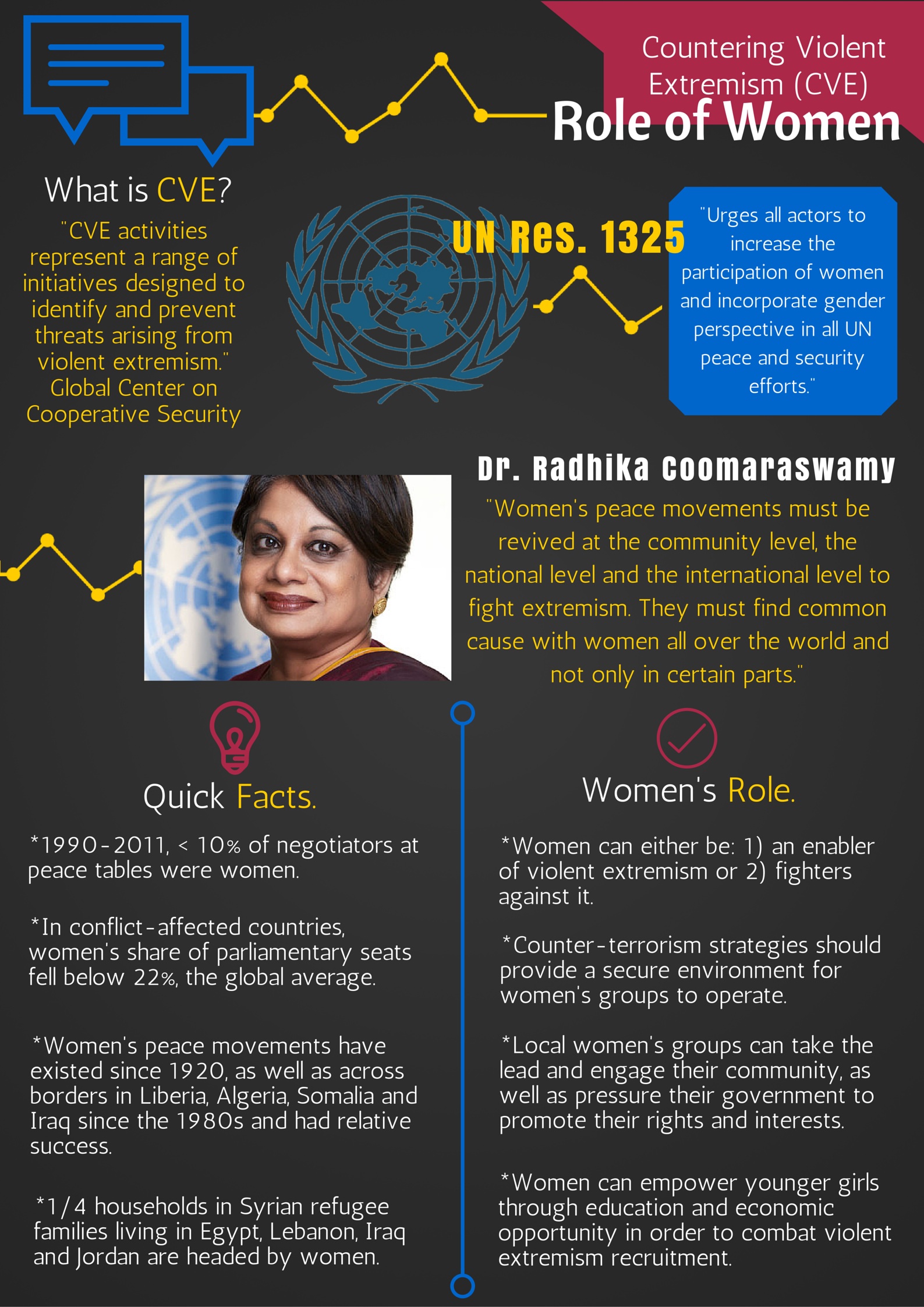Jordan is one of only two Middle Eastern states that have normalized relations with Israel. The Hashemite Kingdom has reaped enormous gains from this peace, notably in the form of unrestrained US foreign aid, and the advanced military capabilities that have been built with the support of the international community. Most importantly however, Jordan has acquired an international reputation for stability in a region where this distinction is hard to come by.
Jordan’s calm in recent years has been a prime factor in the state’s ability to attract foreign investment. But the Kingdom has not been entirely immune to the pressures of the Arab Spring either, and the global economic recession has soured the Jordanian economy as much as any other Arab state. Inflation in the Kingdom rose to 6.1% in December 2010 while youth unemployment topped 25%.
The stagnating economy, coupled with persistent reports of political corruption led to modest protests across the country in January 2011. Though King Abdullah II enjoys a reputation for pragmatic and swift action, further demonstrations over the price of fuel took place in the capital, Amman, as recently as November 2012. Moving forward, what challenges will the Jordanian State face, and how can Abdullah pre-empt future threats to stability and peace?
King Abdullah II has attempted to contain discontent through various reforms, including several cabinet reshuffles, the appointment of three new prime ministers and perhaps most significantly, the creation of an independent electoral commission. While these actions haven’t secured widespread support for the Jordanian monarch, they have provided Jordan with constructive reform that has come without the revolutionary bloodshed, destruction, and economic collapse that has engulfed Jordan’s neighbours Syria and Egypt.
[captionpix align=”left” theme=”elegant” width=”300″ imgsrc=”http://www.nato.int/nato_static/assets/pictures/2012_04_120417a-jordan-king/20120417_120417a-004_rdax_276x184.jpg” captiontext=””]
Regional Influences
Across the border, Syria’s civil war is presenting the Hashemite Kingdom with new challenges, the scale of which have not been faced since the era of turmoil in 1970-71. Externally, Jordan runs the risk of becoming militarily entangled with the sectarian conflict that has overtaken Syria. Moreover, the Salafist and Muslim Brotherhood elements fighting in Syria may spill over into Jordan, posing a grave danger to the country’s largely moderate political culture. Regional players and the degree to which the Salafist movement exerts control over post-revolutionary Syria and Egypt will also bear serious implications for the stability of the Jordanian monarchy. Moreover, the outcome of John Kerry’s restarted peace-process, and the potential ascendancy of Hamas in the West Bank will surely affect Jordan’s stability in significant ways.
Refugee Crisis
Internally, Jordan is now sheltering 560 000 Syrian refugees, many of whom are living under abominable circumstances in sprawling and hastily constructed camps. The detestable conditions of these refugee camps are characterized by rampant disease, shortages of food and clean water, and lawlessness, which further threaten stability. It is difficult to exaggerate the pressure that Syrian refugees are placing on the Jordanian public services.
For its part, the US has provided limited aid to help Jordan care for the upswell of refugees fleeing into the Kingdom. Additionally, King Abdullah II has been forced to comply with austerity measures in recent years to satisfy past agreements with the International Monetary Fund (IMF). Amid this backdrop, the clout of Abdullah’s political apparatus is at least partially dependent on the allocation of public funds to his core supporters in the East Bank region and any contestation over limited public monies will certainly challenge the monarch’s ability to guarantee domestic stability. To ensure economic balance and stability in Jordan, Saudi Arabia and the other Gulf powers must be persuaded to provide Jordan greater financial support in the form of emergency loans. King Adbullah II must also work to actively change damaging perceptions of government corruption and cronyism in Amman.
Jordan’s precarious future will be largely dictated by external factors but King Abdullah II can take several steps to bolster his supporters and divide dissenters. Foremost, he can improve communications and work with the international community and his allies in the Persian Gulf to ensure Jordan’s economic future remains secure. In the long term, King Abdullah II can undercut the Islamists who seek to subvert his government violently by engaging in honest dialogue with key reformers and by speeding the now sluggish pace of meaningful democratic reforms.




